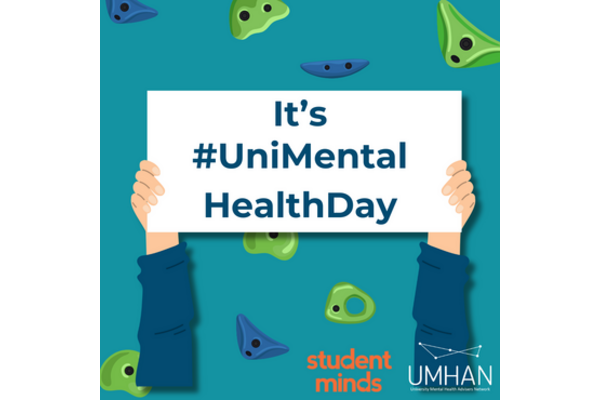Not knowing what will happen when you disclose can be a daunting prospect. As the services and support available can differ between each university, it is difficult to give you information on what will definitively happen during a disclosure discussion. However, we can advise you on what you should expect when disclosing and encourage you to think about your rights....
Expect to be treated equally:
If you choose to disclose difficulties, the Equality Act means it would be unlawful for anyone employed by the university to discriminate against you. The Equality Act (2010) is legislation that is designed to give rights to those with protected characteristics; disability is one of the characteristics included in this and this encompasses mental health difficulties.
Expect confidentiality:
Generally speaking, the information you provide will only be shared with people who need to be aware of it at the time you are disclosing. The University staff will follow the Data Protection Act, ensuring that the information you provide is processed appropriately and sensitively.
In practice, this means that disclosing mental health difficulties does not have any bearing on whether you are offered a place at university – the decision must be made purely on the grounds of academic suitability and any mental health-related support requirements are considered separately. It is worth noting that for some courses (such as nursing, teaching or social work) the university will additionally require an assessment of your fitness to practice/teach.
Expect to have some discussion about how your difficulties may affect your university experiences:
In addition to your academic experiences, you may want to think about how your difficulties may affect your social and leisure activities at university. It is important for the university to understand what aspects of your life may be impacted so that they can make appropriate recommendations and help you to manage these difficulties.
After disclosing, you may feel less pressure and potential issues could be headed off before they occur:
Discussing your difficulties can allow the university to work with you in a proactive way instead of reacting when problems have arisen. This means that support can be put in place at an appropriate time frame and potential problems can be prevented, avoided or managed.
You may be entitled to receive reasonable adjustments:
The university is required to make reasonable adjustments when appropriate to take account of students’ needs if they should disclose difficulties. Reasonable adjustments can be implemented to enable you to fulfil your potential at university and allow you to access your course. Since the adjustments made may contribute to your retention at university, putting support in place is in everyone’s best interest.
There is no right or wrong to whether you decide to disclose or choose not to. It is a personal choice and there will be pros and cons as with every decision. The I Chose To Disclose campaign is about putting you in control, giving you the information to make informed decisions about disclosing and empowering you so that you are confident in whichever decision you make.









